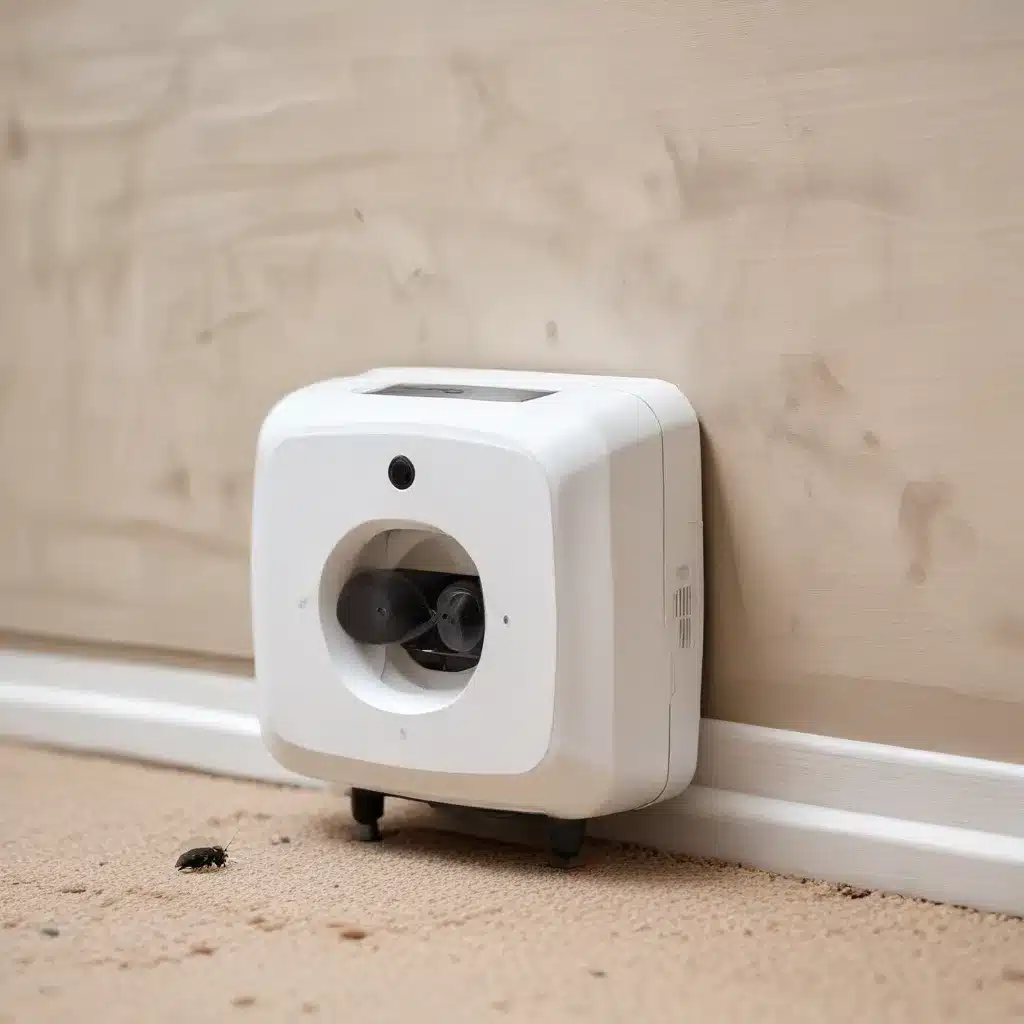
Understanding the Mosquito Challenge
Living in a coastal region with a mild climate often means dealing with a persistent mosquito problem. Mosquitoes can be more than just a nuisance – they are known disease vectors, capable of transmitting illnesses like malaria, Zika, and West Nile virus. Even mosquitoes that don’t carry diseases can negatively impact the quality of life for residents.
To combat this, many municipalities have implemented comprehensive mosquito control programs. New Hanover County, for example, utilizes a variety of techniques to reduce mosquito populations, including:
- Mosquito prevention education: Informing the public on how to eliminate mosquito breeding sites around the home.
- Larviciding: Targeting mosquito larvae and pupae in standing water to prevent them from maturing into biting adults.
- Ultra-low volume (ULV) spraying: Applying EPA-registered pesticides from truck-mounted sprayers to knock down adult mosquito populations.
The county’s Mosquito Control department closely monitors mosquito activity through data collected from traps and site assessments. This helps them determine the most effective treatment plans based on the species and numbers of mosquitoes present in a given area. By using targeted spraying, they can minimize the amount of pesticides required and limit any potential environmental impact.
Leveraging Automated Alerts and Exclusion
To keep residents informed, New Hanover County has an automated notification system that sends text messages and/or phone calls to alert the public about upcoming mosquito spraying in their area. These alerts are typically sent on the day of spraying, allowing residents to plan accordingly.
Residents can also sign up to have their property excluded from mosquito spraying by submitting a Mosquito Spray Exclusion Form. Mosquito Control staff will call annually to verify the information and ensure the exclusion remains in place. These forms must be resubmitted every five years.
Protecting Bee Populations
Bees play a critical role in maintaining healthy ecosystems and ensuring the production of seeds and fruits in many plants. New Hanover County Mosquito Control understands the importance of protecting bee populations and works closely with local beekeepers to address their concerns about mosquito spraying.
Beekeepers can submit a Spray Exclusion Form to request a “no-spray” buffer zone of approximately 300 feet around their property. When arriving at these designated areas, the Mosquito Control trucks will turn off their sprayers and not resume until they have passed the property. The department may also adjust spray routes to accommodate these “no-spray” zones.
Additionally, the county encourages beekeepers to register their hives with Beecheck, which provides email alerts to Mosquito Control about the location of the hives. This helps ensure the department can plan spray routes to minimize any potential impact on the bee population.
Safe and Responsible Pesticide Use
The pesticides used by New Hanover County Mosquito Control are EPA-registered products that have been thoroughly researched and approved for use in urban, residential, and recreational areas. The ULV application method ensures that only small quantities of the chemicals are used per acre, and the small spray droplets break down quickly with UV exposure, leaving little to no residual effect.
Furthermore, Mosquito Control staff only spray on roadways, which limits the total area where the spray reaches and further reduces any potential environmental impact. The chemicals are designed to be effective in targeting mosquitoes while the droplets are airborne, without leaving lasting effects.
Embracing Larvicide and Biological Controls
In addition to ULV spraying, Mosquito Control also utilizes larvicides and biological controls to address mosquito populations. Larvicides are products that target mosquito larvae and pupae in the water, preventing them from maturing into biting adults. When used according to the product label instructions, these larvicides are safe for people, pets, and the environment.
The department also employs the use of mosquito fish, a natural predator of mosquito larvae, to help eliminate mosquitoes before they can emerge. By combining these larviciding and biological control methods with their targeted spraying efforts, Mosquito Control can effectively manage mosquito populations while minimizing the use of pesticides.
Empowering Homeowners
To help residents take a proactive role in mosquito control, New Hanover County Mosquito Control provides free larvicide tablets to the public, available at their Health and Human Services building or the Environmental Health office. These tablets, such as Mosquito Dunks®, are safe for use around birds, wildlife, children, and pets, as the active ingredient, Bti, only affects the larvae of mosquitoes, black flies, and fungus gnats.
The department also offers educational presentations during the off-season, from November through April, to local classes and community groups. These sessions teach residents what they can do to protect themselves and encourage citizens to be proactive in helping control mosquitoes in their area. To request a presentation, residents can call 910-798-6713.
Addressing Other Household Pests
While New Hanover County Mosquito Control primarily focuses on mosquito control, they can also provide advice for managing other common household pests, such as rats and mice. For questions or concerns about vectors other than mosquitoes, residents can contact the appropriate local organizations for assistance.
Conclusion
Automated pest control, when implemented responsibly and with a focus on environmental stewardship, can be a valuable tool for maintaining a healthier home environment. By leveraging a combination of educational outreach, targeted treatment methods, and collaborative efforts with the community, municipalities like New Hanover County have demonstrated that it is possible to effectively manage mosquito populations while minimizing the impact on beneficial insects and the broader ecosystem.
As an IT professional, I encourage readers to explore the resources and best practices outlined in this article to help protect their homes and families from the nuisance and potential health risks posed by mosquitoes and other pests. By working together with local authorities and embracing innovative pest control solutions, we can create a safer, more comfortable living environment for all.












